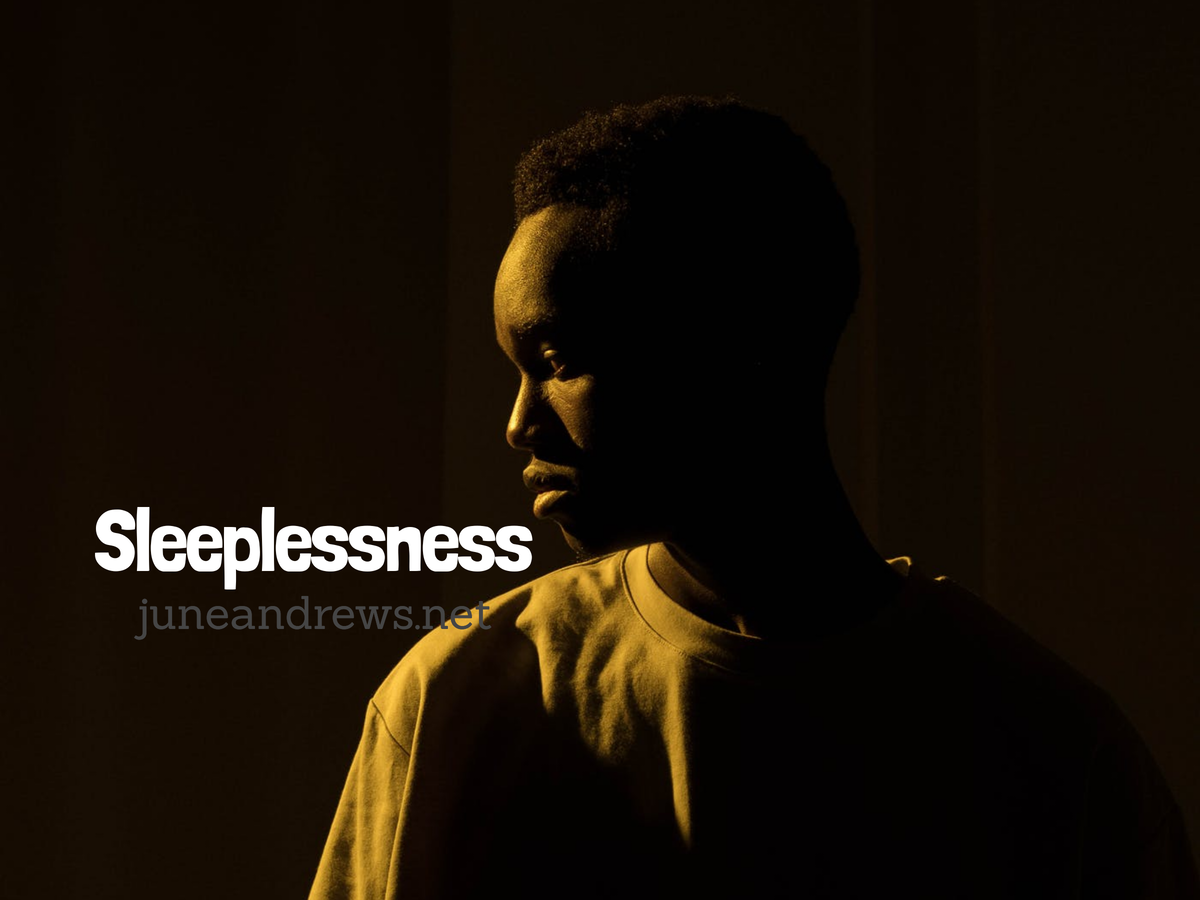Sleeplessness and caring for older people
In the run up to publication of my new book Carers and Caring; the One Stop Guide; how to care for older relatives and friends I am sharing some of the practical solutions learned from research and experience. If you think any problems have been missed you can email me and tell me, and I’ll make sure they are covered in the next edition and online on my website at www.juneandrews.net.
Sleep is important for you and for the person you care for
Having a good sleep is vital for the person you are caring for. But you yourself will not be able to care if you’re not given the chance to have a full night’s sleep. We all know that sleep deprivation is used as a form of torture, and sometimes older people will torture us unintentionally. Older people need less sleep and people with dementia sleep even more lightly.
Having exercise during the day is good for a healthy rejuvenating sleep
Exercise is a very good way of making someone tired and ensuring good, healthy sleep. Even if it is hard to get out and about, exercises in the chair can help. There are many YouTube videos if you search the internet under ‘Chair exercises for seniors’. You must ask friends for help because boredom, which leads to the person snoozing all day and being awake all night, can be relieved by having interesting things to do during the day. Friends may take the person out or keep them busy in the house for an hour or two giving you a much needed rest.
Have a bedtime routine.
It will be different for each person, but might involve a warm bath and winding down by putting off exciting television programmes and reducing the light level. If the person likes listening to the radio, press the snooze button so that it turns off after a while.
Keep the bed warm and the room cool
Research shows that people sleep better in a warm, comfortable bed in a cool room. Darkness is important for sleep. Even moonlight can be disturbing, so blackout blinds or curtains help. If a nightlight is needed to mark the path to the toilet in the night, you can find a movement sensor-activated light that will switch on when the person is getting out of bed.
Sometimes the older person may need prescribed pain relief
Older people often have conditions that cause aches and pains for which they may be prescribed some pills. It is good to time that pain relief for bedtime so that the person isn’t kept awake by their discomfort. If they are not sleeping, neither will you.
A doctor may offer a sedative to the person you care for if you are completely exhausted and the person is inclined to wake up agitated at night. This might help in the short term but can cause almost as many problems as it solves, because the person may not be completely awake in the day and snooze, so they are not tired when it is time to go to bed again. It might also make them unsteady on their feet.
There is much more about sleeplessness and how to cope with it in Carers and Caring: The One-Stop Guide: How to care for older relatives and friends - with tips for managing finances and accessing the right support available from all good bookshops from May 2022
Three hints:
1. People want to sleep if they are tired
2. A bedtime routine, darkness and a cool room helps
3. Medication for pain is more use than sedatives − ask the doctor

